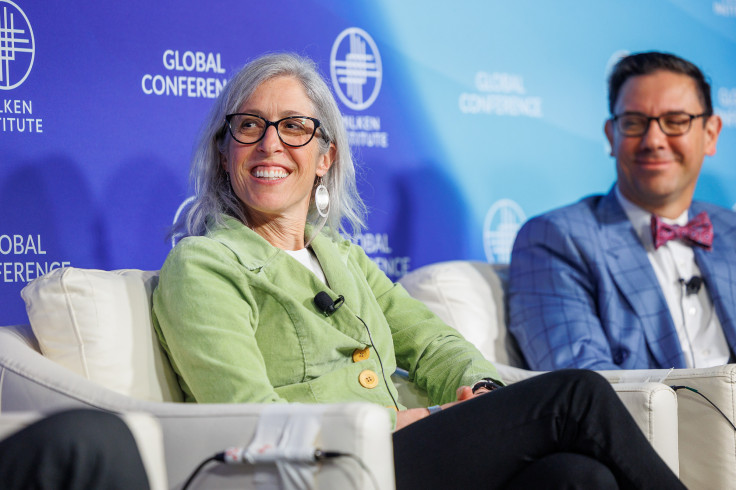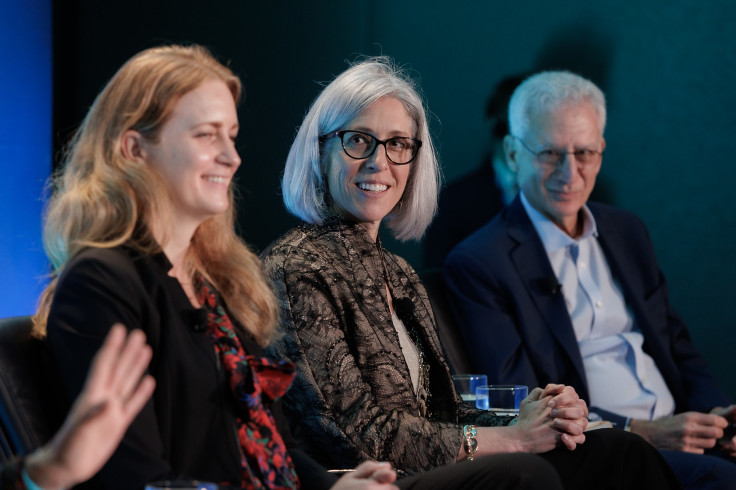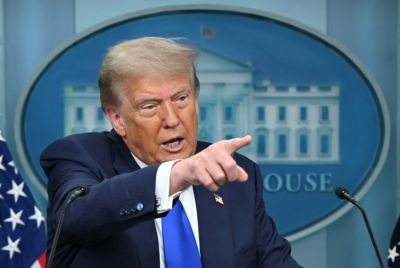Susan Monarez, First CDC Director Who is Not a Medical Doctor Since 1950s, Ousted in Less Than a Month
Monarez removed as CDC chief weeks after confirmation, sparking backlash over politicisation of public health

Dr Susan Monarez, the first director of the US Centres for Disease Control and Prevention (CDC) in over 70 years not to hold a medical degree, has been ousted from her position less than a month after her Senate confirmation.
Her removal marks a dramatic escalation in tensions between the CDC and the Department of Health and Human Services (HHS) led by Secretary Robert F. Kennedy Jr.
Monarez, who holds a PhD in microbiology and immunology, was confirmed on 31 July 2025 following a party-line vote in the Senate. Her appointment was historic, not only for her academic background but also for being the first CDC director to undergo Senate confirmation under a law passed during the COVID-19 pandemic.
Political Pressure and Vaccine Policy Clashes
The ousting appears to stem from Monarez's resistance to recent vaccine policy changes introduced by Kennedy.
In recent months, the HHS has narrowed eligibility for updated COVID-19 vaccines, limiting access to adults aged 65 and older and younger individuals with underlying health conditions.
These changes diverged sharply from previous CDC guidance, which recommended vaccination for everyone aged six months and older.
Monarez reportedly refused to 'rubber-stamp unscientific, reckless directives' and resisted firing senior health experts, according to her legal representatives Mark Zaid and Abbe Lowell. Her stance placed her at odds with Kennedy, a known vaccine sceptic, who has also dismantled the CDC's independent advisory panel and halted contracts for mRNA vaccine research.
Conflicting Accounts of Her Departure
On 27 August, HHS posted a statement on social media declaring that 'Susan Monarez is no longer director of the Centres for Disease Control and Prevention' and thanked her for her service.
Susan Monarez is no longer director of the Centers for Disease Control and Prevention. We thank her for her dedicated service to the American people. @SecKennedy has full confidence in his team at @CDCgov who will continue to be vigilant in protecting Americans against infectious...
— HHS.gov (@HHSGov) August 27, 2025
However, Monarez's lawyers countered that she had neither resigned nor received formal notification of dismissal from the White House. They asserted that she would not step down voluntarily, citing her commitment to scientific integrity.
The White House, which holds the authority to dismiss the CDC director, has not publicly commented on the matter. Meanwhile, Monarez's refusal to resign has led to a legal and administrative standoff, with her supporters warning of a broader attack on evidence-based public health.
Mass Resignations and Agency Turmoil
Monarez's removal coincides with a wave of resignations from senior CDC officials. Dr Debra Houry, the CDC's Chief Medical Officer, and Dr Demetre Daskalakis, head of the National Centre for Immunisation and Respiratory Diseases, both stepped down, citing the weaponisation of public health and the rise of vaccine misinformation, as per details shared with Reuters.
Dr Daniel Jernigan, director of the National Centre for Emerging and Zoonotic Infectious Diseases, also resigned shortly after the agency reported the first US human case of screwworm linked to an outbreak in Central America.
These departures follow a violent incident earlier in August, when a gunman opened fire outside the CDC's Atlanta headquarters, killing a police officer and damaging the campus. The attack further destabilised morale within the agency, which had already suffered hundreds of staff cuts earlier in the year.
A Legacy of Scientific Advocacy

Despite her short tenure, Monarez was widely respected within the scientific community. She previously served as deputy director of the Advanced Research Projects Agency for Health (ARPA-H).
She held advisory roles with the Biomedical Advanced Research and Development Authority (BARDA), the Department of Homeland Security, and the White House Office of Science and Technology Policy.
During her confirmation hearing, Monarez affirmed her support for vaccines, stating: 'I think vaccines save lives. I think that we need to continue to support the promotion of utilisation of vaccines'.
Her ousting has prompted concern among public health experts, who fear that political interference is undermining the CDC's credibility and operational independence.
Susan Monarez's removal as CDC director underscores the growing politicisation of public health in the United States. Her brief tenure, marked by resistance to controversial vaccine policies and a commitment to scientific integrity, has sparked debate about the future of the CDC and the role of evidence-based leadership in safeguarding public health.
As her lawyers stated: 'This is not about one official. It is about the systematic dismantling of public health institutions, the silencing of experts, and the dangerous politicisation of science. The attack on Dr Monarez is a warning to every American: our evidence-based systems are being undermined from within.'
© Copyright IBTimes 2025. All rights reserved.



















